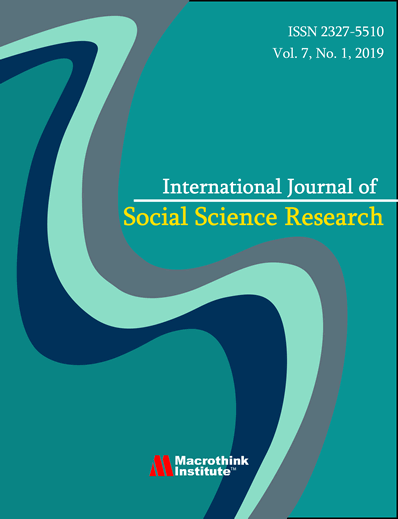The Impact of Ambivalence on Persuasion: A Preliminary Meta-Analysis
DOI:
https://doi.org/10.5296/ijssr.v12i2.21865Abstract
This study is the first meta-analysis on the relationship between ambivalence and persuasive outcomes in communication. The meta-analysis included 22 studies with 51 effect sizes based on 14,173 (68–1,604) participants. When all the persuasive outcomes were considered together, ambivalence had a significant but small negative overall impact, r = -0.134, 95% CI [-0.192, -0.076], k = 33, z = -4.471, p < 0.001. Specifically, ambivalence had a small influence on attitude and intention. Its impact on perception and behavior were less pronounced. There was significant heterogeneity across effect sizes in overall persuasion, as well as specific persuasive outcomes. The ambivalence targeting behavior had a stronger influence on attitude than did ambivalence targeting other objects. Methodology significantly moderated the magnitude connecting ambivalence and behavioral intention, studies using experiments yielded greater sizes compared to those using surveys. With respect to context, the influence of ambivalence on attitude was stronger in advertising and health communication, compared to political communication. Studies in advertising yielded significantly greater effect sizes on behavioral intention compared to those in health communication. This study suggests that the implication of ambivalence in communication is likely a complicated and nuanced matter. Limitations and future research have also been outlined.

